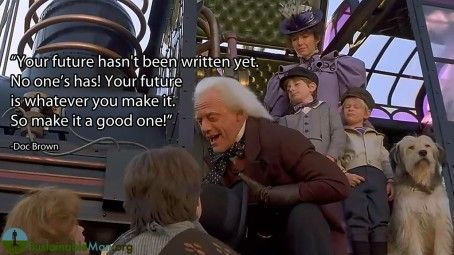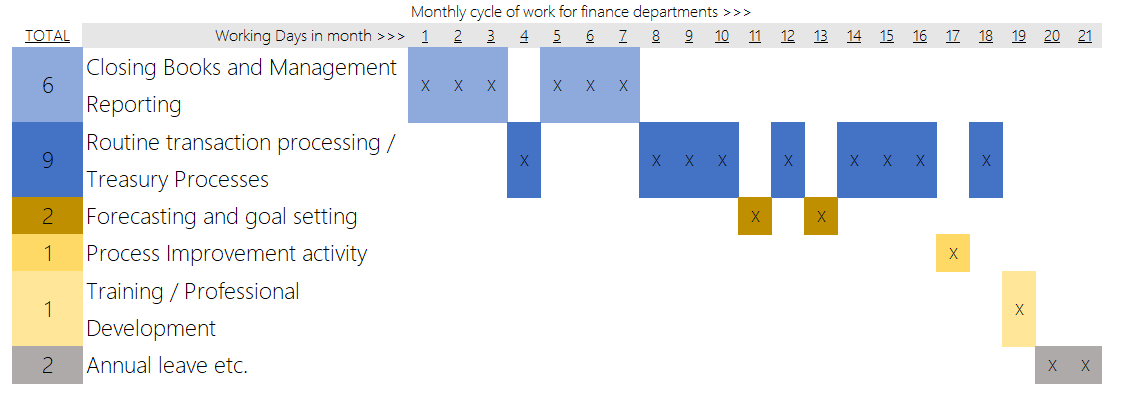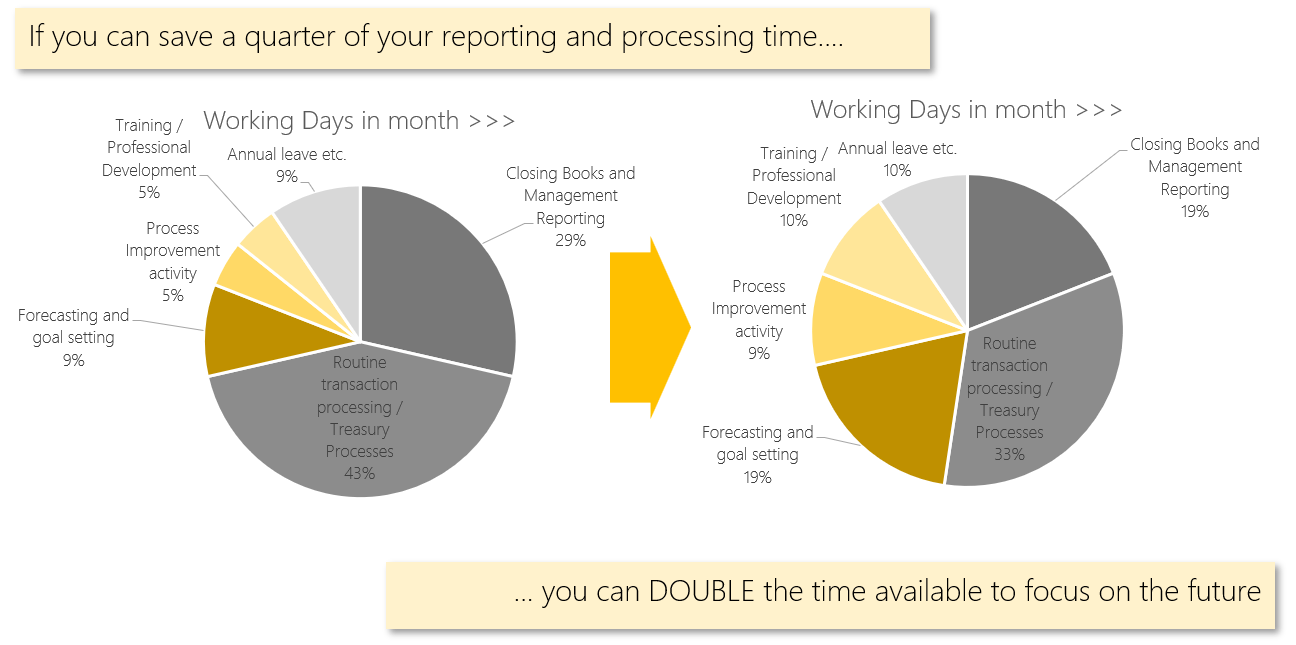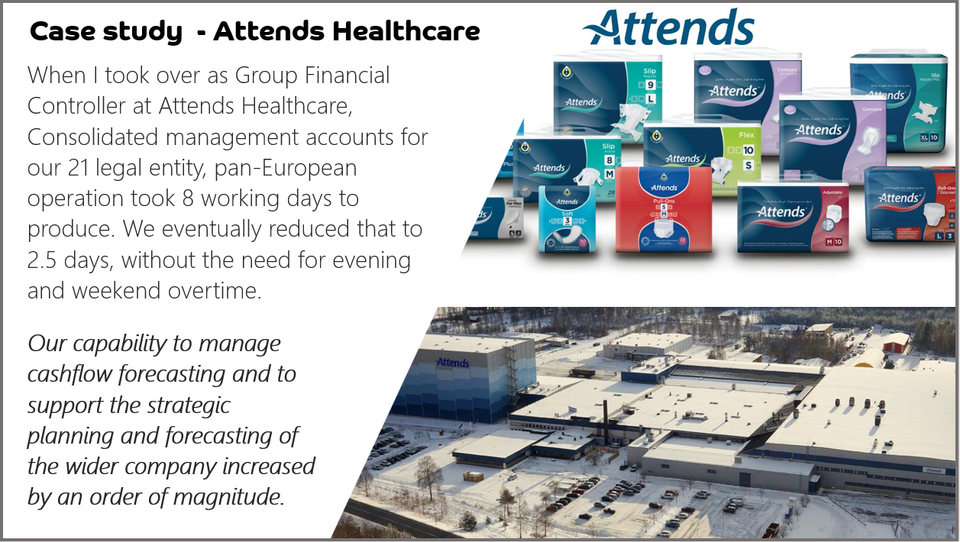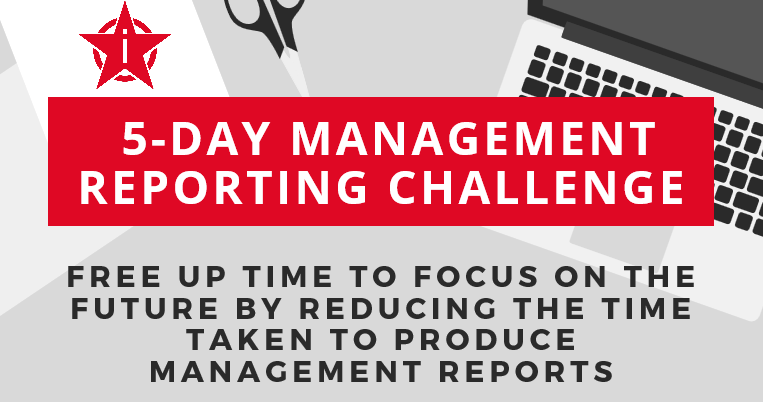You don’t drive your car looking in the rear-view mirror
Which direction is your management reporting system looking?
In my currently constricted state, wearing a Halo vest (for the story – see this blog ), I've had to learn to look straight ahead. That's simply because my head is fixed in position relative to my body and so wherever my body is facing that's where my eyes are able to see clearly.
It means that I can't drive, because I can't look behind me to see what I might be reversing into or to check my blind spots for anyone overtaking me. I'm really looking forward (pun intended!) to being able to drive again and it won't be too long until I can regain my vehicular independence.
However, despite my frustration, my restrictions have reminded me of the analogy that Robert Kaplan And David Norton used in their Balanced Scorecard work , published some years ago but still valid and influential.
You don’t drive
looking in the rearview mirror. So you shouldn't drive your organisation solely on backward-looking metrics.
My first challenge to you this week is to ask you to consider how you split your time and effort between looking backwards or forwards i.e. focusing on measuring the past/present or planning and forecasting for the future.
How do you split your time between:
- PAST AND PRESENT ACTIVITIES: evaluating historic performance both of your organization and are the people you manage?
- FUTURE-BUILDING ACTIVITIES: planning for the contribution of you and your team to your organization's overall objectives and thinking about how you can equip your team in the future with the skills and mindset that they need to ensure success?
Do you feel that you’d like to spend more time focusing on the future?
If that’s true. why not try to do something about it?
Kaplan and Norton - You don’t drive a car looking in the rearview mirror, so why do we drive our organisations looking backwards?
When you drive you have the majority of your attention looking forward and only glance at what is behind when it's useful to inform what might happen on the road ahead of you.
Kaplan & Norton encouraged organisations to focus on the delivery across a wide range of dimensions, all of which would ideally indicate the progress being made to achievement of future goals – and thus create a balanced scorecard/dashboard of varied, future-centric metrics.
Accounting measures regarding performance last month, last quarter or last year are still relevant to understand the position of the organisation, but it's vital that adequate attention is given to building measurement systems on the understanding of broader drivers of performance. If at all possible, measures should ‘lead’ i.e. be predictive of success, rather than ‘lag’ i.e. be just looking backwards.
You can’t change the past, but you can influence the future in the light of your knowledge about the past. Or, as we learned in “Back to the Future III”…
Rebalancing your effort to increasingly look forward in management reporting
Since this is InfoSuperstar, and I’m in the business of equipping individuals to save their organisations time and money to create the information they need, the remainder of this article is my take on how organisations can work to transform their management reporting to be more future-facing.
Since the majority of my followers are accountants I’m focusing on finance, but the principles apply for management of organisations in general, so stay with me if you’re not part of the finance fraternity/sorotity.
The chances are that you and your finance team spread your time between:
- PAST AND PRESENT ACTIVITIES
- historic accounting/reporting
- transactional processing and checking of compliance with controls
- FUTURE-BUILDING ACTIVITIES
- forecasting the future of your organisation
- creating better control systems to help everyone to do their job more effectively with a lower chance of process failure
- Training and developing staff
…and of course, you need to find time to take your annual holiday!
Consider the following illustration of the working month of a finance team (Although the principles can easily be extended to any part of the organisation responsible for creating management information):
Assuming there are 52 working weeks, with 8 public holidays, that means that you have 21 working days available each month. Basically four working weeks. Although you and your team will be working with a different mix of responsibilities, let’s imagine that the 21 days are spent on average as follows:
Whilst technology has helped to automate many processes, most finance organisations are spending the vast amount of their accounting resource on looking backwards, or just keeping the day-to-day processes running.
In my experience, the above is a typical pattern, with maybe only 10% of the time available for forecasting, and 10% for process improvement or training. When things get busy or there is a crisis, then process improvement and people development are frequently cut, and forecasting is squeezed in around the demands of paying bills, reconciling accounts and producing Financial and Management Accounts.
That is hardly driving by looking forward out of the windscreen - but if a finance team can find a way to reduce the cycle time of monthly reporting and processing, then the potential impact is huge…
In the above example, taking two days out of the monthly reporting cycle, and saving two days of time for regular transactional processing, would enable the finance team to DOUBLE the time available for forecasting and development activity.
This is not straightforward but is possible given enough time and consistent leadership. I know it can be done because I’ve seen it done in teams I was responsible for.
Driving to your destination…
Next time you're driving your car why not be consciously aware of how you're looking in your mirrors, so that you’re focusing on the road ahead whilst being aware of what’s behind.
Why not resolve to do the same in your work life, looking back frequently and always being aware of what's behind, but focusing on the journey as you had to your desired destination? Tip the balance in favour of building for the future!
If creating time for your organisation to focus on the future is now on your agenda, why not sign up for my free five-day challenge?
Join the five-day "Management Reporting Challenge”
If you sign up, I’ll send you a simple workbook on day one, with five days of video tips following on how to reduce the amount of time your organisation has to spend on historic reporting. Click the image below to get the workbook and five days of tips.
Spend 10 minutes a day with a pencil (and coffee?) in hand, watching my tips videos and entering your action responses, and you may just find that you’ve developed an action plan for your organisation to save you time and money as you focus more on the future. That's less than an hour - most of which you may have spent drinking coffee!
And, if you’d like, you can email your completed workplan back to me. I’d be happy to hold you accountable and support you to make whatever future-centric changes you decide to make!
Sign up hereor by clicking the image above
I look forward to hearing your stories and comments!
INFOSUPERSTAR IS THE TRADING NAME OF REFLECT BUSINESS SOLUTIONS LTD, 47 WEARSIDE DRIVE, DURHAM, DH1 1LE UK | COMPANY REG No (ENGLAND AND WALES): 8672028


